
Regenerative endodontic treatment is a procedure that involves disinfection of the root canal with the use of antibiotics. Multiple aerobic and anaerobic bacteria cause infection of the root canals, and hence it is difficult to disinfect the canals effectively with just one type of antibiotic. Regenerative endodontics is the extension of root canal therapy. Conventional root canal therapy cleans and fills the pulp chamber with biologically inert material after destruction of the pulp due to dental caries, congenital deformity or trauma. Regenerative endodontics instead seeks to replace live tissue in the pulp chamber.
To replace live tissue, either the existing cells of the body are stimulated to regrow the tissue native to the area or bioactive substances inserted in the pulp chamber. These include stem cell therapy, growth factors, morphogens, tissue scaffolds and biologically active delivery systems.
Regenerative endodontics is one of the most exciting developments in dentistry today and endodontists are at the forefront of this cutting-edge research. Regenerative endodontics uses the concept of tissue engineering to restore the root canals to a healthy state, allowing for continued development of the root and surrounding tissue. Endodontists’ knowledge in the fields of pulp biology, dental trauma, and tissue engineering can be applied to deliver biologically based regenerative endodontic treatment of necrotic immature permanent teeth resulting in continued root development, increased thickness in the dentinal walls and apical closure. These developments in the regeneration of a functional pulp-dentin complex have a promising impact on efforts to retain the natural dentition, the ultimate goal of endodontic treatment.
Since the introduction of regenerative pulp therapy as a viable treatment in the early 2000s, endodontists and other scientists have continued to discover its crucial benefit to immature teeth and its capacity to overcome the limitations of conventional root canal treatment. Utilizing regenerative endodontic therapy aids endodontists in our ultimate goal of helping our patients retain their natural dentition.
Teeth with incomplete root development have short roots with thin walls, which compromise their longevity. Through regenerative therapy, we can facilitate root development in previously immature teeth with necrotic pulps. This is a significant benefit over conventional root canal treatment and especially valuable for young patients, as teeth preservation is critical to their skeletal and dental development.
Regenerative endodontic procedures are highly successful. In addition to resolution of clinical signs and symptoms and periapical healing, regenerative endodontic procedures have shown approximately 15% increase in root length and 29% increase in root width that was very significant compared to apexification procedures. This substantial increase in root development is a crucial benefit as it may have a positive effect on the longevity of the immature tooth. These advantages are unparalleled with any other endodontic treatment. Despite these limitations, regenerative endodontic therapy has the potential to redefine endodontic treatment. Vital teeth have been shown to be less susceptible to caries than root canal-treated teeth, and with regenerative endodontic therapy, a viable neurovascular tissue with defense mechanisms occupies the root canal system instead of a rubber material. This treatment gives teeth the chance to regain their vitality and sensibility and improve their function.

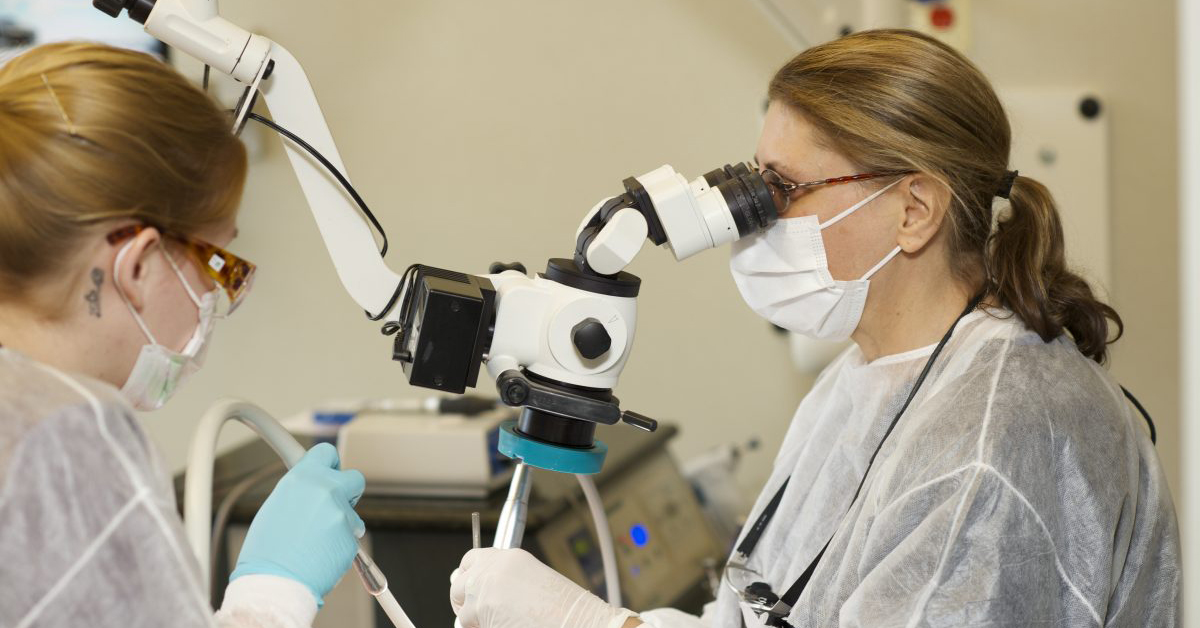

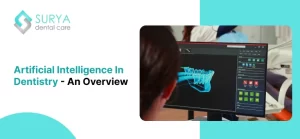




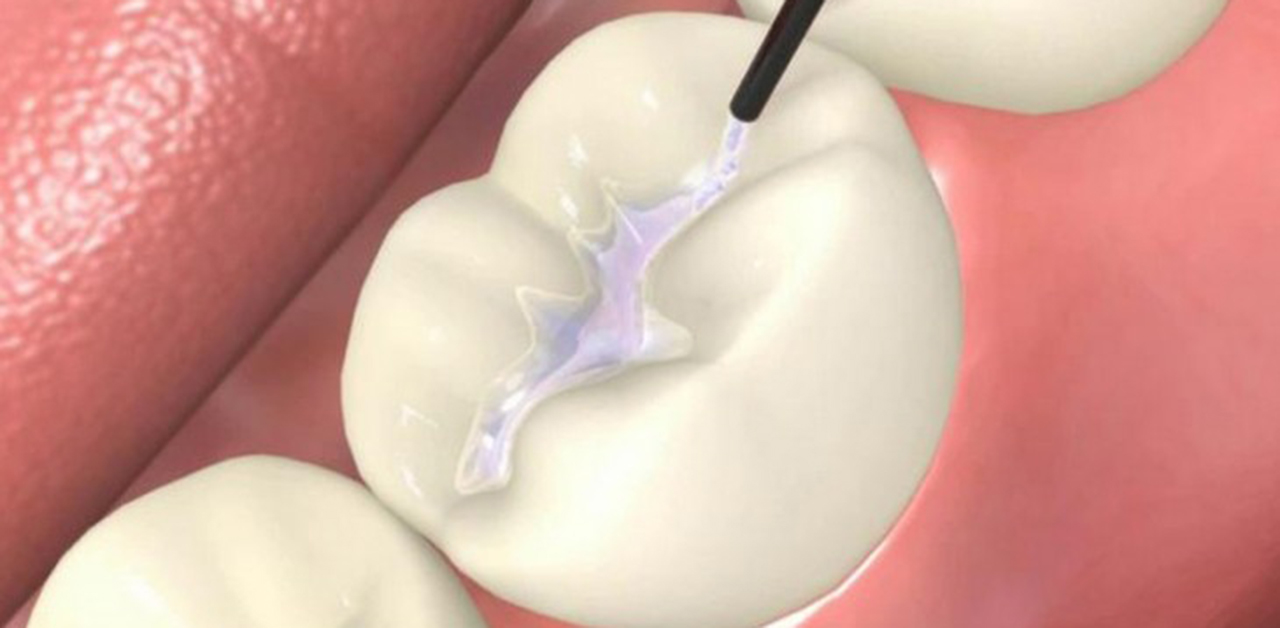








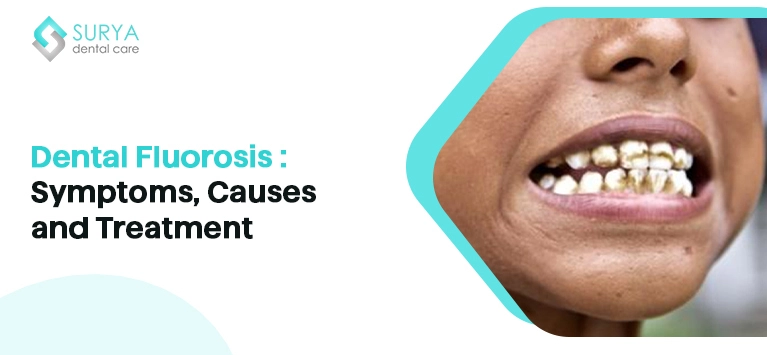

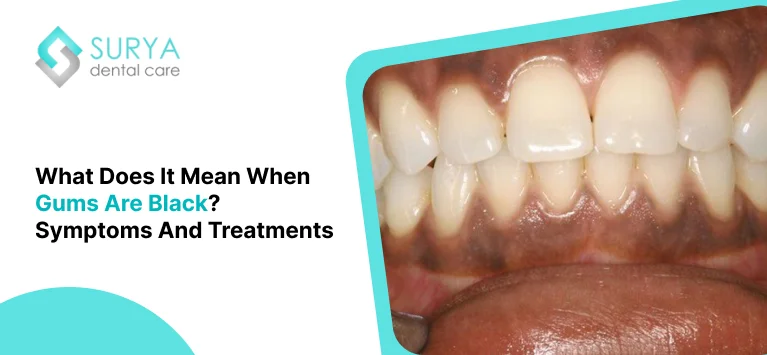



Leave a Comment